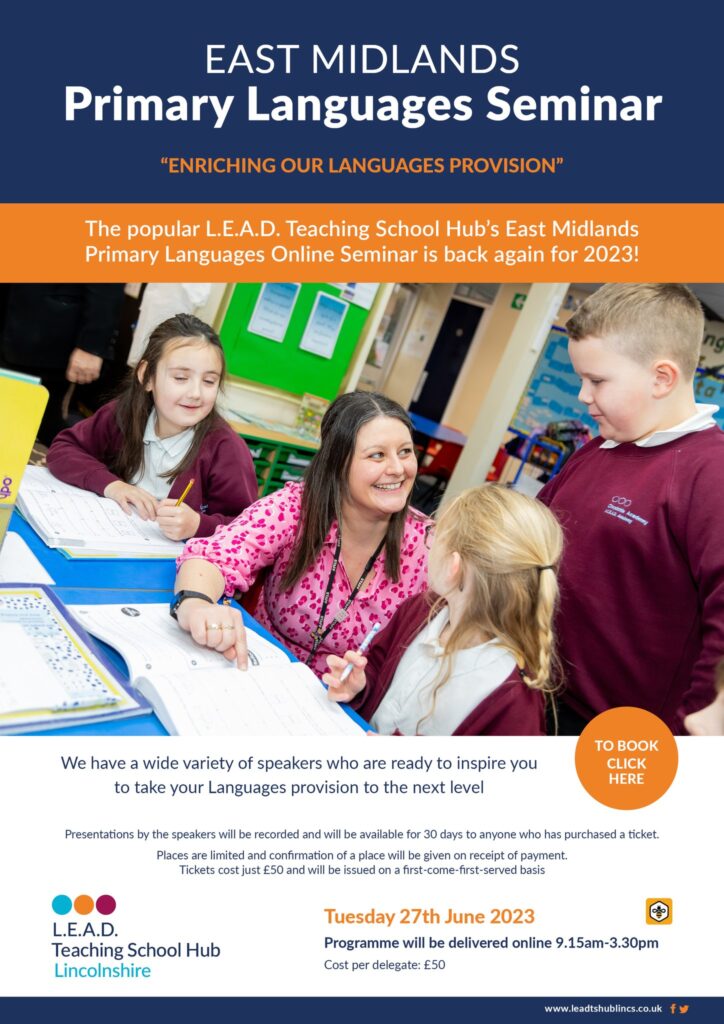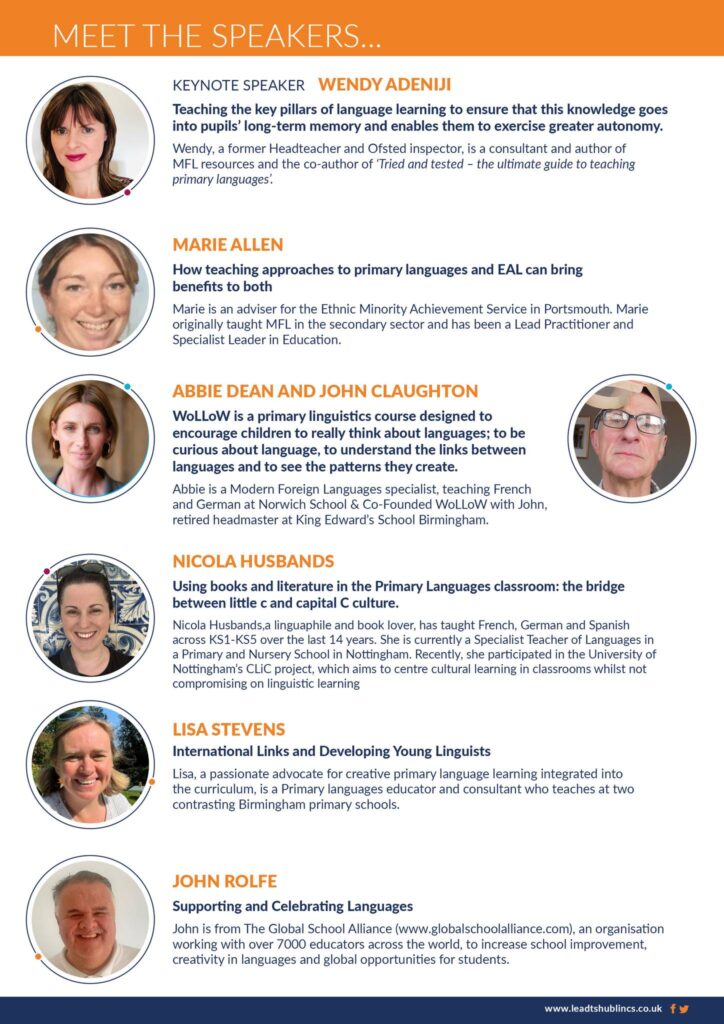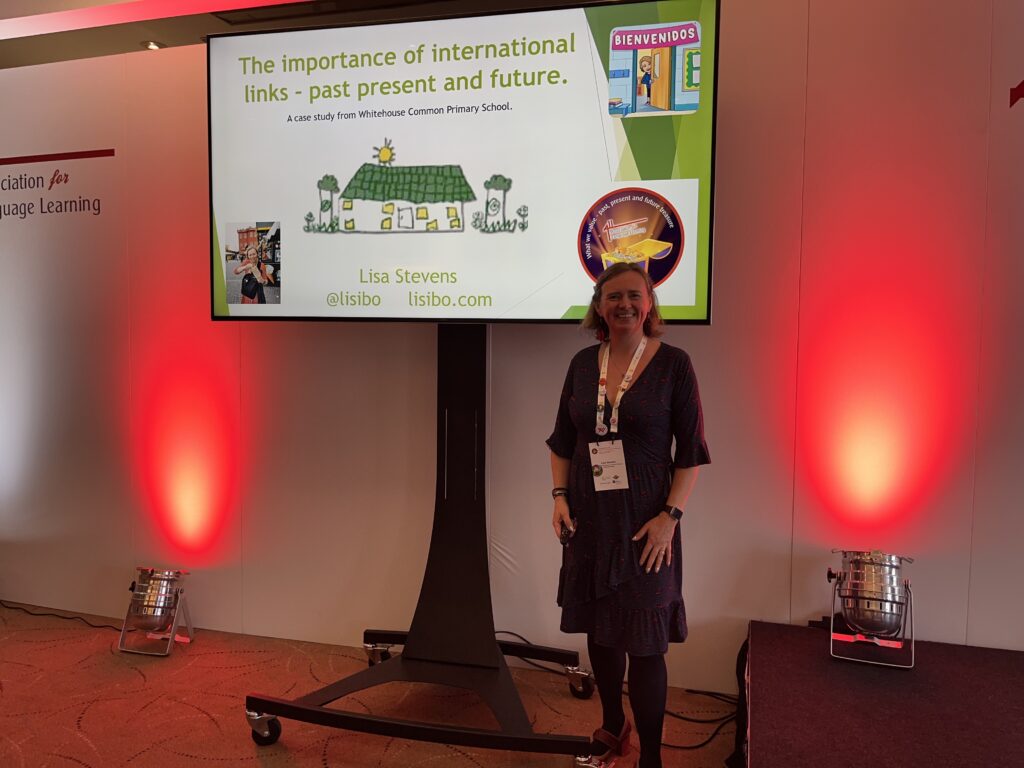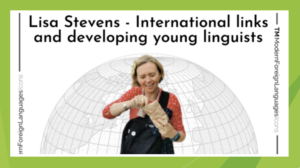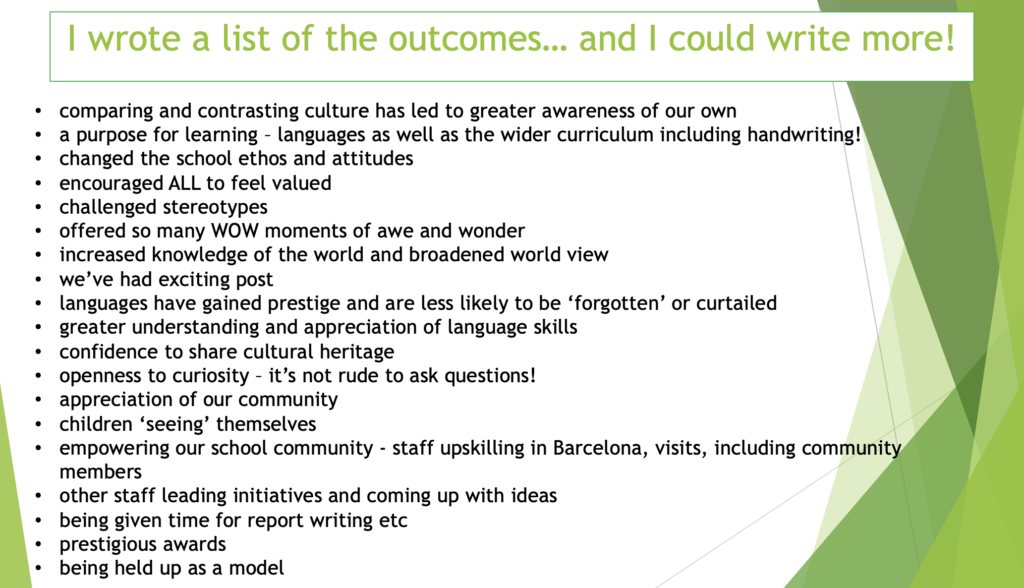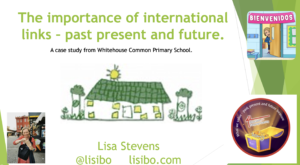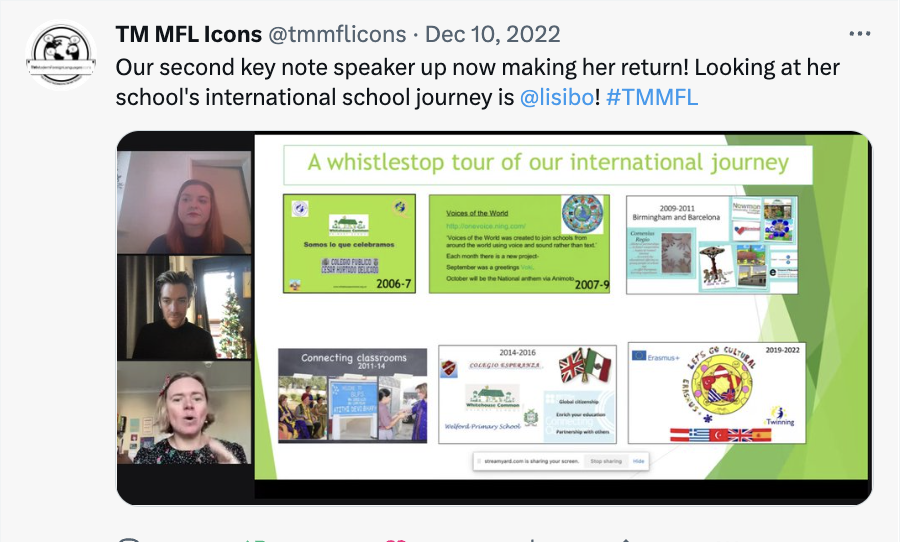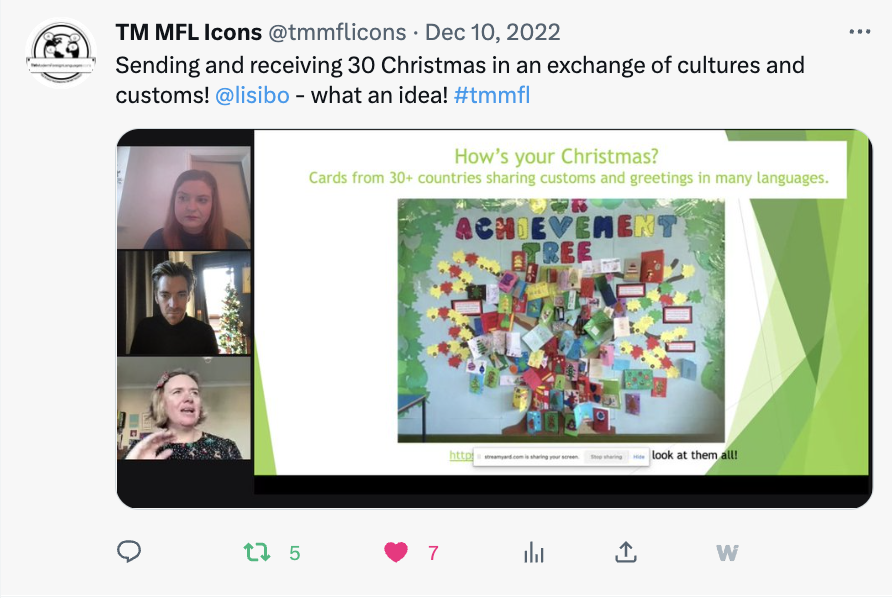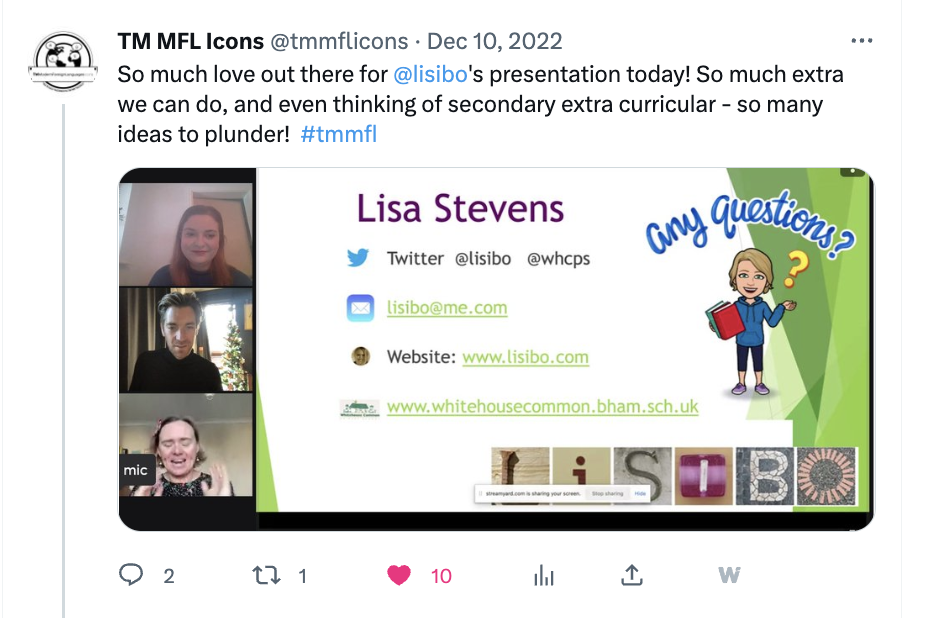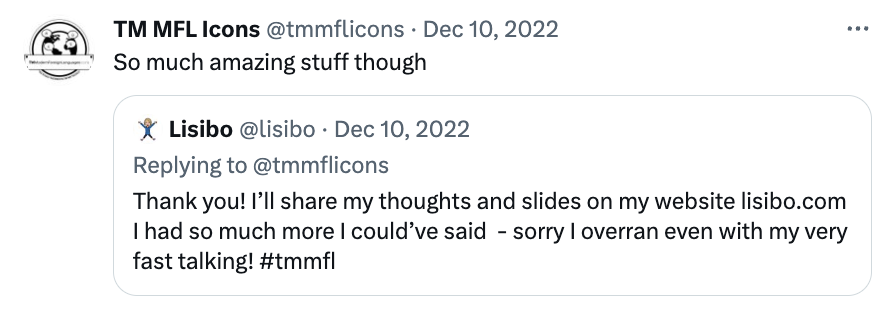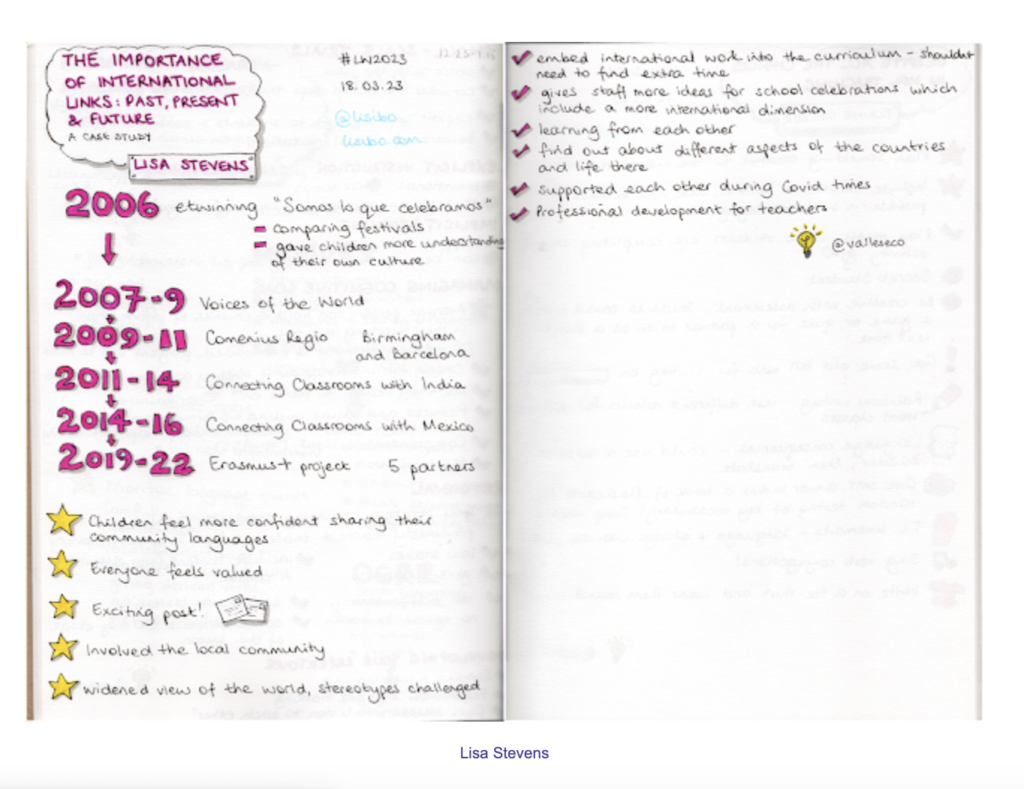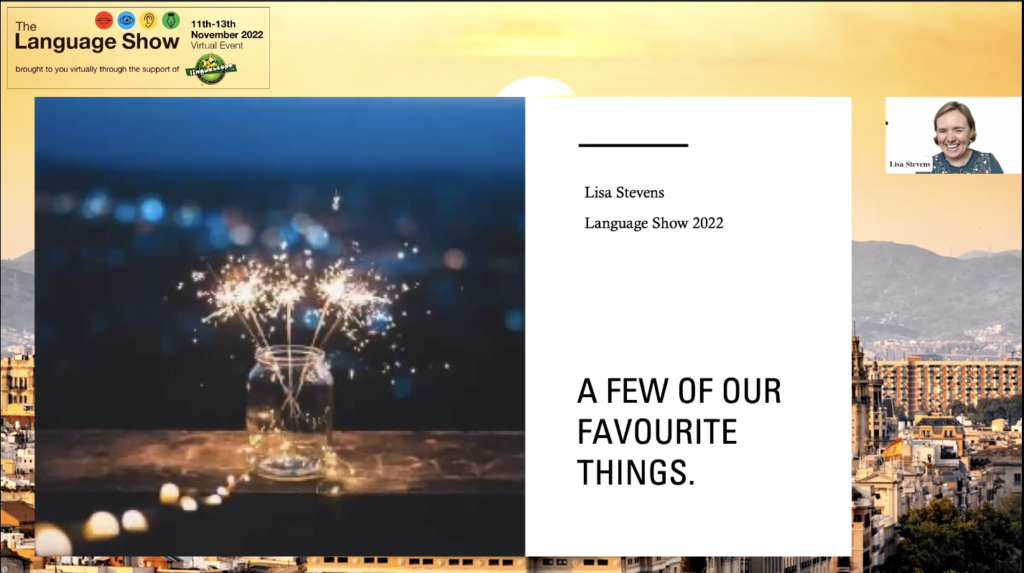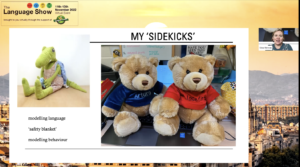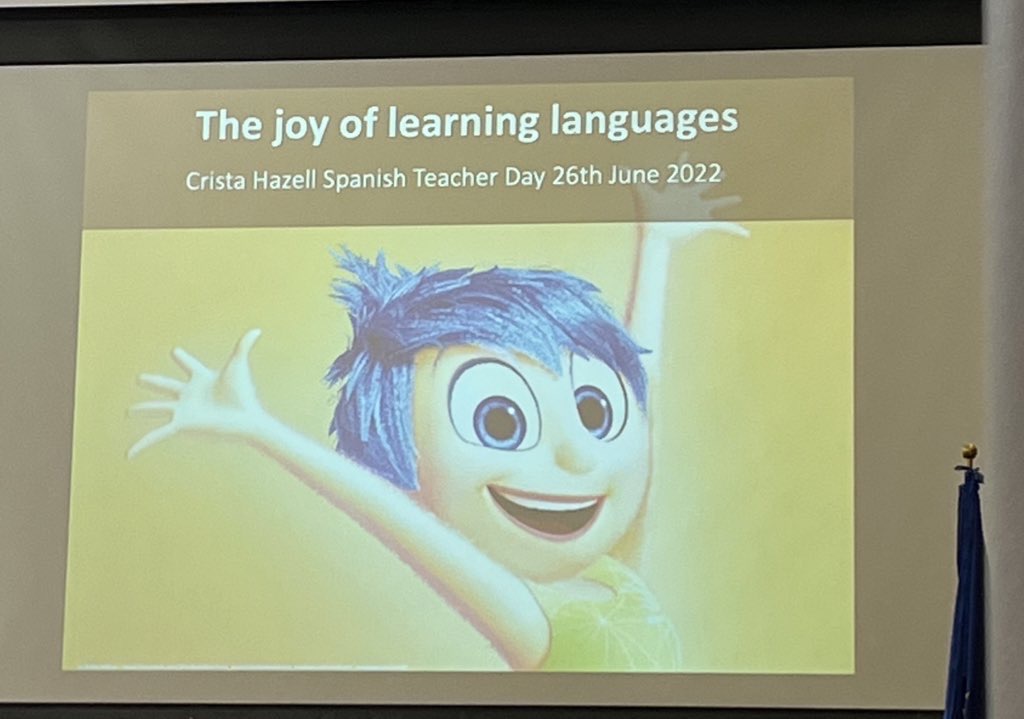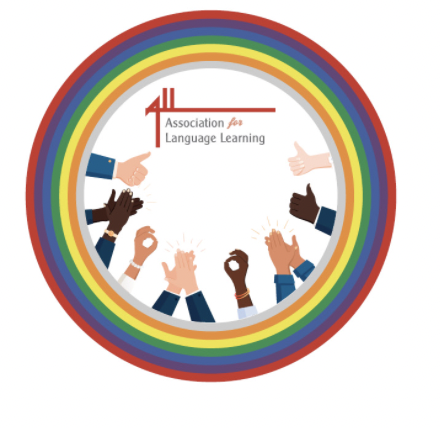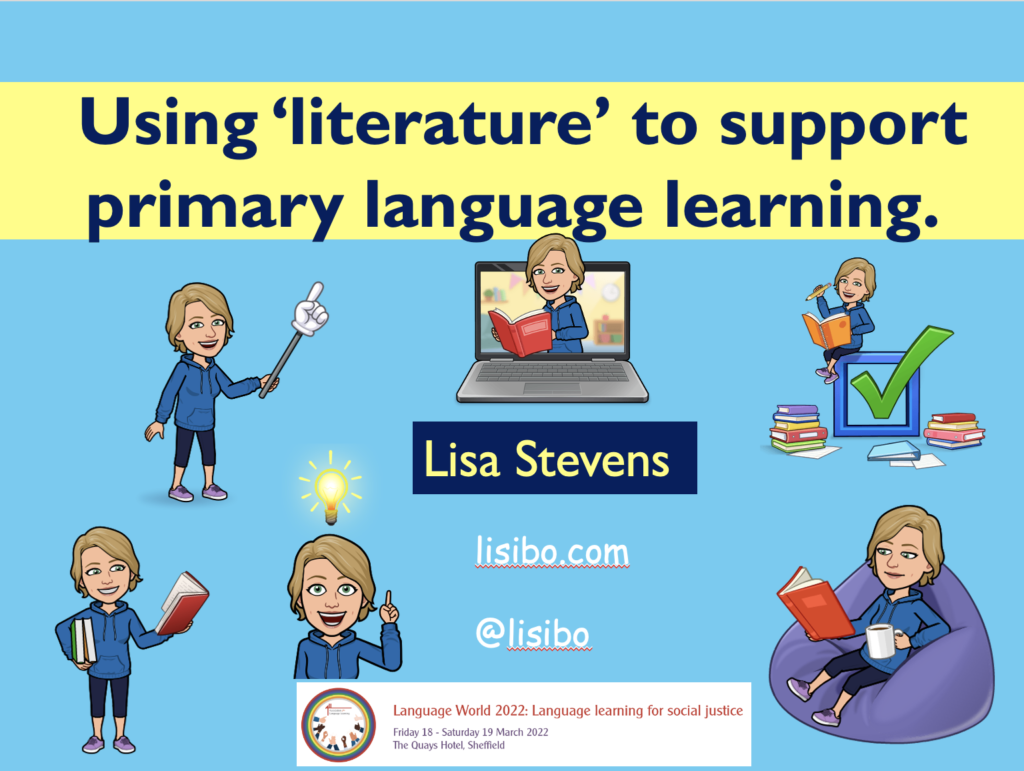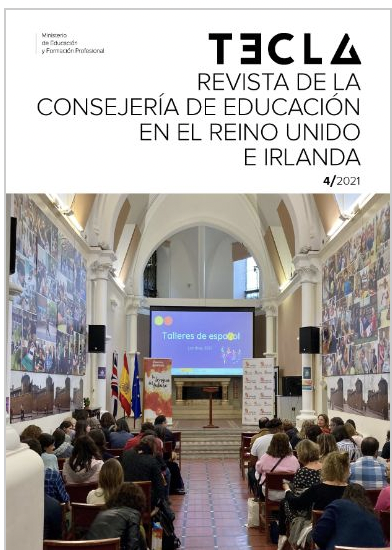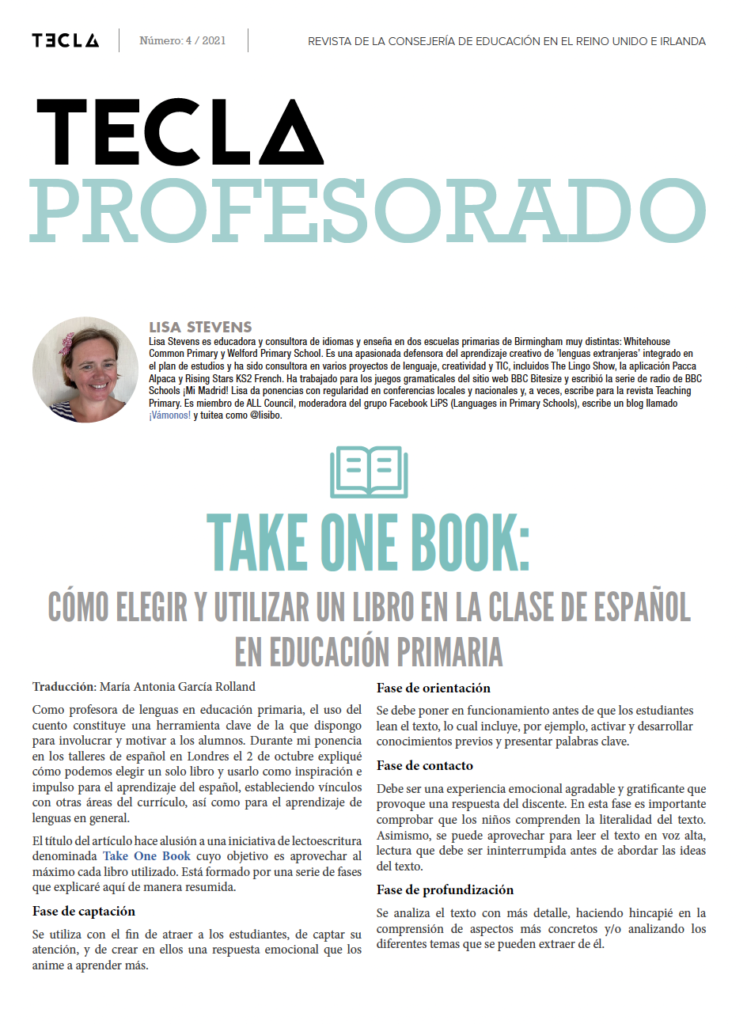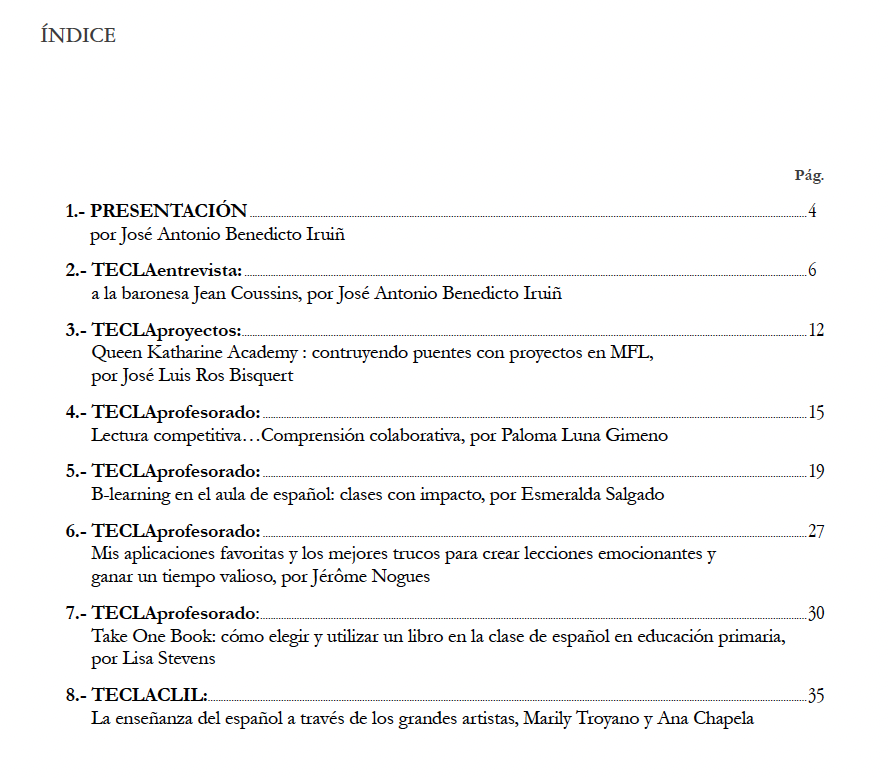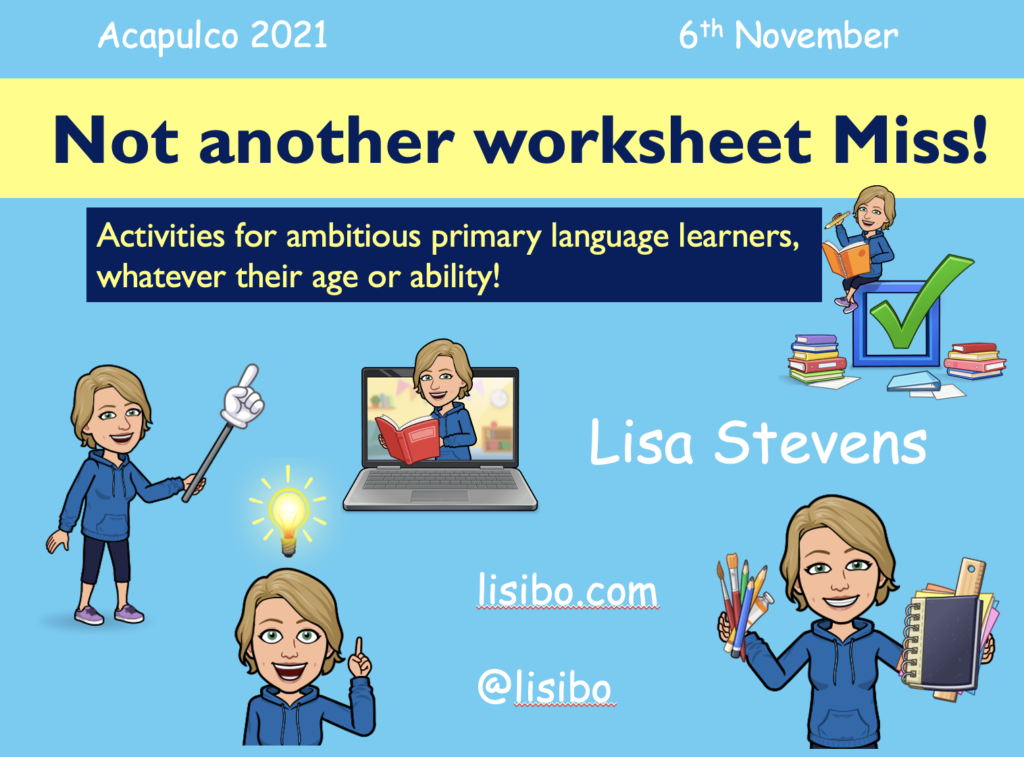
The annual conference of the Association for Language Learning (ALL) is fast approaching. This year Language World will be held in Kenilworth on Friday 8th and Saturday 9th March. The theme is Language – a unique ingredient of learning.
As the website says:
We will consider together many aspects of education today in multilingual Britain. What is unique about our subject? In what ways does the learning of a language support learners today beyond the classroom – from being a child to becoming an adult? What are the ingredients of a healthy learning experience?
- Culture and International Contact
- Curiosity and Observation
- Connection at a personal level
- Communication through all skills and modalities
- A strong outward looking curriculum and external examinations
Following on from our conference last year we will continue to consider how the brain affects learning and how this can inform curriculum planning, the impact on teaching of the new GCSE and the importance of developing the intercultural agility needed to promote and support tolerance and respect for others. We are living through changing, somewhat challenging times and collaborative work is essential. We all benefit from access to research from around the world and collaboration across the key stages to university or training and jobs post 16 enables progress as we learn from each other. https://www.delegate-reg.co.uk/lw2024/
Keynote speakers include HMI Bianka Zemke and Professor Kate Borthwick, and there are more than 70 talks offered over the two days with something for every type of language learning. You can have a look at the programme here
I’m presenting on Saturday afternoon about how to make International links, something about which I’m really passionate; as a British Council Ambassador for many years and Global Schools Alliance Ambassador I do all I can to promote the value of the global dimension. You can see what I said last year when I shared the importance and impact of international links and global learning at Whitehouse Common Primary.
Whether you attend for one day or for both, I hope to see you in Kenilworth. If you can’t, be sure to follow events on Twitter/X – look out for the hashtag #LW2024 and I’ll try to give you a flavour of the event in a post at the end of March.


